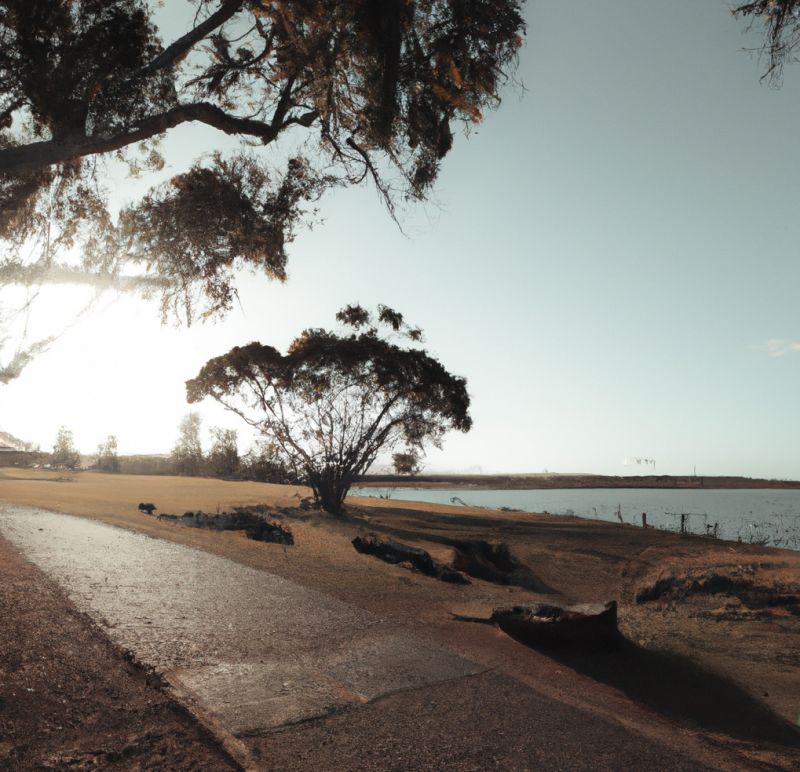
What is a gap year?
A gap year is a period of time, typically between one academic year and the next, when students take time off from formal education to travel, work, intern, volunteer, or pursue other experiences.
The term “gap year” first became popular in the United Kingdom with Oxford and Cambridge universities encouraging students to defer their admission for a year in order to travel or work. The idea was that students would benefit from some life experience before starting university. In recent years, the gap year has become increasingly popular in the United States as well. A report by the American Gap Association found that 32% of surveyed colleges reported an increase in applicants requesting a gap year and that 81% of colleges viewed the gap year positively.
There are many different ways to structure a gap year. Some people take a break after high school graduation and before starting college. Others take a break during college, either between two academic years or during summer vacation. And still others combine travel with work or volunteering opportunities

No matter how you structure your gap year, there are many benefits to taking one:
1) You can learn more about yourself.
One of the best things about taking a gap year is that it gives you time to figure out who you are and what you want in life. Without the pressures of schoolwork and exams, you can explore new interests and discover hidden talents. If you’re not sure what you want to study at university or what
kind of career you want to have after graduation, spending some time exploring different options can be very beneficial. You might find that your true passion lies somewhere completely unexpected!
2) You can gain valuable life experience.
In today’s competitive job market, employers are looking for applicants with relevant work experience. Spending a few months working or interning in your desired field can give you an edge over other candidates who don’t have any real-world experience. And even if you don’t end up
working in your chosen field, any type of work experience will help develop important skills like time management, communication, teamwork, and responsibility – all qualities that employers value highly.
3) You can see the world.
One of the best things about taking a gap year is that it provides an opportunity to travel and see parts of the world that you might never get to see otherwise! If money is tight or you’re not sure where to go without spending too much money on airfare, there are plenty of ways to save money while traveling – Couchsurfing, Worldpackers, voluntourism, house-sitting, teaching English abroad and more. Not only will this give you amazing memories (and Insta-worthy photos!), but it will also
help broaden your perspective and open your mind to new cultures and ideas.
4) You can learn new skill.
Learning new skills is always impressive on resumes and applications (not to mention useful in everyday life!). Whether it’s learning another language, picking up some basic coding skills, becoming certified in CPR/First Aid, or anything else entirely – expanding your skill set will make you more
attractive to future employers and give you something fun to do in your free time.
5) It looks great on applications!
Colleges and employers alike view gaps years as positive experiences. Admissions officers will be impressed by seeing that you took advantage of this unique opportunity to learn and grow as an individual – something that will set you apart from other applicants. So whether you decide to travel
the world or focus on one particular activity for an extended period of time know that a gap year can only help you now and in the future!

Is Australia a good place for a gap year?
Australia is a renowned travel destination for many reasons: its natural beauty, laid-back lifestyle, diverse culture and friendly locals. For gap year students, Australia has a lot to offer in terms of personal development and adventure.
Here are just some of the reasons why Australia is an ideal place to take a gap year.
One of the best things about travelling to Australia is that it’s such a diverse country. You can find everything from bustling city life and stunning beaches, to rainforests and rugged outback landscapes. This variety means that there’s something for everyone, no matter what your interests
are. Whether you want to learn to surf, hike through national parks or explore Aboriginal culture, you’ll be able to do it all in Australia.
Australia is also well known for its relaxed lifestyle. This laid-back attitude is perfect for taking some time out from the hustle and bustle of everyday life back home. It’s easy to live like a local in Australia, as the people are warm and welcoming – you might even make some friends for life! And
with so much beautiful scenery to enjoy, you won’t be short on things to do during your free time.
If you’re looking for an opportunity to learn new skills while on your gap year, then Australia is definitely the place for you. There are plenty of courses available which can help you develop both personally and professionally. From learning how to cook or sail, to studying ecology or Australian history – whatever your interests are there will be a course available down under.
Finally, one of the great things about spending time in Australia is that it gives you an opportunity to see another side of the world. Travelling always broadens your horizons but by venturing further away from home you really get an insight into how different cultures live their lives – something
which can be incredibly valuable later on in life when working internationally or living overseas yourself.

How to make money during a gap year?
A gap year is typically defined as a year spent taking time off between high school and college. Many students use this opportunity to travel, work, or volunteer before starting their undergraduate studies. This can be an excellent way to learn more about yourself and the world around you while
also saving some money for college tuition. Here are a few ideas on how to make money during your gap year:
1) Freelance writing.
If you have a knack for writing, there are many ways to get paid as a freelancer. You can start by pitching article ideas to online publications or submitting short stories to literary magazines. Once you build up a portfolio of work, you can approach companies directly and offer your services as a
copywriter or content creator.
2) Social media marketing.
With over two billion active social media users worldwide, businesses need help promoting their products and services online. As a social media marketer, you would be responsible for creating engaging content, managing campaigns, and analyzing data to ensure that your client’s goals are met.
3) Event planning.
From birthday parties to corporate conferences, events need careful planning and execution in order to run smoothly. If you’re organized and detail-oriented, event planning could be a great way to make money during your gap year. You could start by working with local businesses or non-profit organizations who often need help coordinating fundraisers or other types of events.
4) Personal training.
Are you passionate about fitness? Many people are willing to pay for professional help when it comes to reaching their fitness goals. As a personal trainer, you would create workout plans customized for each client and provide one-on-one guidance during sessions. Depending on your
experience and credentials, you may also have the opportunity to teach group fitness classes at gyms or studios in your area.
Another option for making money during your gap year is to get a part-time job. This can provide some extra spending money, and also help to structure your days and give you a sense of purpose while you travel. It can be difficult to find part-time work as a foreigner, but there are a few avenues
you can explore. Here are some tips:
- Check with your home country’s embassy or consulate in the country you’re planning to visit. They may have information on companies that hire foreigners, or lists of jobs that are typically available to foreigners.
- Use online resources such as websites and forums geared towards travelers and expats. These can be great places to find leads on part-time jobs, as well as get advice from others who have gone through the process before.
- Network! Get in touch with people you know who have been to the country you’re visiting, or who have connections there. They may know of someone who is hiring, or be able to put you in touch with someone who can help you find a job.
4) Be creative! There are often opportunities for freelance work, especially if you have skills that are in demand (such as writing, web design, programming, etc.). You could also look into working at
hostels or other businesses catering to travelers/backpackers – these types of places are often more open to hiring foreigners on a short-term basis.
Before you start your job search, it’s important to have an idea of the kind of work you’re looking for.
If you know what industry or sector you want to be in, research companies that operate in that area and see if they offer any entry-level positions or internships. You can also use job search engines like
Job.Guide, Indeed or LinkedIn Jobs to filter results by location and type of position.
Once you’ve found some potential places to work, it’s time to start applying! Make sure your resume is up-to-date and tailored specifically for the jobs you’re applying for. In addition to submitting a written application, many companies will also require that you do an initial phone screen or inperson interview before moving forward in the hiring process.
Once you land a job, it’s important to stay focused and professional at all times. Even though entrylevel positions may not be as glamorous as some other jobs out there, remember that every job is an opportunity to learn new skills and grow your network. Who knows – the connections you make now could come in handy down the road!

